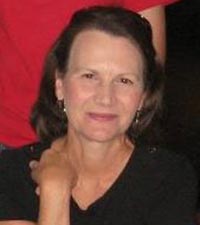Who doesn’t love getting messy with paints, playing fun games and hearing a good story?! Join us this summer for a few hours at the Greensboro History Museum as we connect as FPC families and learn about art and activism.
The morning together is inspired by the museum’s Pieces of Now Exhibit which has won numerous awards and is a 3D version of last summer’s street murals created in response to the Greensboro BLM protests. You can visit the museum to see this outstanding exhibit and/or watch the interactive version on the GHM website. The exhibit features artists, muralists, community voices and stories. The GHM website says:
This is different from other exhibitions in the museum.
It is about NOW.
It is also unfinished, because we are in the middle of the story.
You will be captivated by the power of art and how it can be used for helping people express intense feelings especially during times of unrest. You will learn that art and activism can be combined to form “artivists” who use music, dance, art, and other creative mediums to bring healing and hope to our world. Children and families will visit portions of the exhibit based on age and comfort level.
All of the hands-on activities are age appropriate for preschool-younger youth and help children and families consider what it means to work for change in our community in hopes of creating a better place for all of God’s children to live together.
The activities begin to teach children about the Christian imperative of seeking justice along with doing charity both of which are important acts of serving our neighbors. Doing charity is often where our service work with children and youth begins at church and home as we consider Jesus’s command to feed the poor, visit those in prison, shelter the homeless and clothe the naked.
Acts of charity most often focus on short-term solutions to systemic issues while acts of justice work toward long-term institutional change. Both are important Christian acts.
Acts of justice and social change might involve:
- writing letters or drawing pictures about changes to make the world better and sending them to city, state or national officials who make policy
- learning about and safely participating in a march or protest for a passionate cause, creating signs with short slogans that tell others what needs changing
- reading books and watching TV shows that talk about acts of social justice or young people who have been key leaders in creating systemic change like Greta Thornburg
- learning about issues that are important to your family and church to help change like childhood hunger and homelessness, racism, environmental
More information about this intergenerational family program can be found in our biweekly children’s newsletter. You can sign up here for one of the following dates: July 31, 10 am-noon; or August 3, 1-3 pm. You are welcome to gather another family or two and go to the museum together on your own. Contact Shari Merton or our member Catherine Johns at the museum to set this up.

